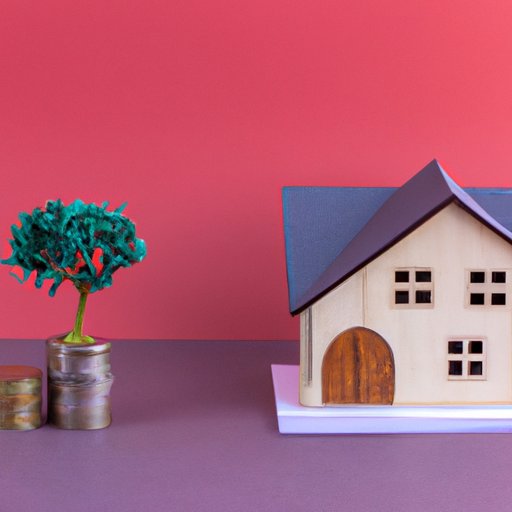
Understanding the Importance of Earnest Money Deposit in Home Buying
If you’re in the process of buying a home, you may have heard of an “earnest money deposit” or EMD. At first glance, it may seem like just another expense, but it’s actually an essential part of the real estate buying process.
What Is Earnest Money Deposit?
Let’s start with a definition. An earnest money deposit is a sum of money paid by a buyer as a show of good faith to the seller during a real estate transaction. It’s typically a percentage of the total purchase price and is paid at the time an offer is made.
The money isn’t an additional cost to the buyer, but rather a part of the overall payment. It’s important to note that an earnest money deposit isn’t the same as a down payment, which is a larger sum of money paid at closing, usually up to 20% of the total purchase price.
Understanding the Purpose of Earnest Money Deposit in Real Estate Transactions
The purpose of the earnest money deposit is to provide the seller with an assurance that the buyer is serious and committed to the purchase. It’s essentially a security deposit. In the event of a breach of contract by the buyer, the seller can keep the earnest money deposit. However, if the contract falls through for reasons beyond the buyer’s control, the earnest money deposit is typically returned.
In addition, the earnest money deposit serves as a protection for the buyer. When a buyer submits an earnest money deposit, the property is taken off the market, and the seller can’t accept any other offers. This means the buyer has time to complete inspections, obtain financing, and meet any other contingencies before the sale goes through.
Everything You Need to Know about Earnest Money Deposit
The process of submitting an earnest money deposit is fairly straightforward. When making an offer on a property, the buyer includes a check for the earnest money deposit along with the offer. The check is usually made out to a third party, such as an escrow company or attorney, who holds the money until the sale is complete.
It’s important to note that the earnest money deposit is refundable only if certain contingencies aren’t met. These can include a failed inspection or the inability to secure financing. In some cases, a seller may also specify certain conditions in which the earnest money deposit is non-refundable, so be sure to read the contract carefully.
The Role of Earnest Money Deposit in Securing Your Dream Home
If you’re in a competitive real estate market, submitting an earnest money deposit along with your offer can work in your favor. It shows the seller that you’re committed to the purchase and are willing to put your money where your mouth is. A larger earnest money deposit can also make your offer stand out among others.
It’s important to remember that the earnest money deposit is only a part of the overall purchase price, so don’t go overboard and put down more than you can afford. The amount of the earnest money deposit can vary depending on the local market and the seller’s requirements. Some sellers may require a specific percentage of the purchase price, while others may set a flat fee.
Exploring the Nuances of Earnest Money Deposit in Real Estate Deals
It’s worth noting that there may be differences in the earnest money deposit requirements in different real estate markets. For example, some markets may require a larger earnest money deposit because they are more competitive or have a higher rate of failed deals.
If you’re unsure of the earnest money deposit requirements in your market, it’s a good idea to work with a local real estate agent or attorney who can guide you through the process.
How much Earnest Money Deposit Should You Put Down When Buying a House?
So, how much should you put down as an earnest money deposit when buying a house? The amount will depend on several factors, including the local market, the seller’s requirements, and your personal financial situation.
As a general rule, a 1-3% earnest money deposit is typical. This means that for a $300,000 home, you would pay between $3,000 and $9,000 as an earnest money deposit. However, some sellers may require a higher deposit, especially in a competitive market.
Ultimately, the amount you put down should be an amount you’re comfortable with and can afford. If you’re unsure, it’s a good idea to discuss your options with your real estate agent or attorney.
Conclusion
As you can see, an earnest money deposit is a crucial part of the home buying process. It shows the seller that you’re committed to the purchase and can help protect you in the event of a breach of contract. By understanding how an earnest money deposit works and what’s required in your market, you can make a confident and informed decision when buying a home.





